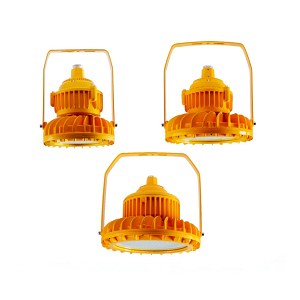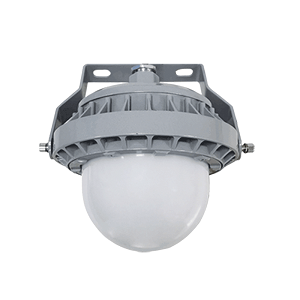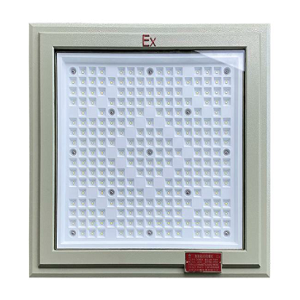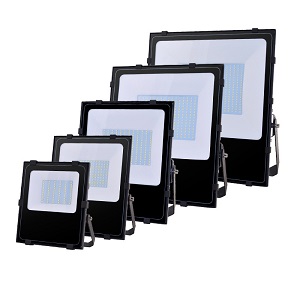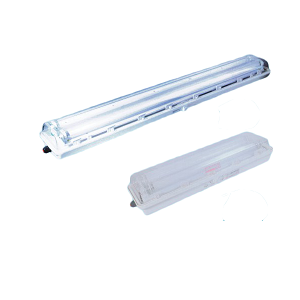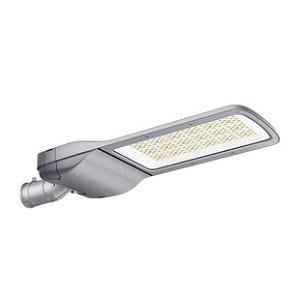From Coal Mines to Battery Storage: Evolving Applications of Flame Proof LED Technology

How Hazardous Environment Lighting Transforms Energy Infrastructure Safety
Introduction: A Legacy of Hazardous Environment Innovation
Flame-proof LED technology has evolved from its roots in coal mining—where methane explosions demanded rugged, spark-resistant lighting—to becoming a cornerstone of modern energy storage safety.
As industries transition from fossil fuels to renewable energy systems, flame-proof LEDs now address critical risks in battery storage facilities, hydrogen production plants, and grid-scale energy installations.
This article explores the technical adaptations, material innovations, and regulatory shifts driving this transformation, with actionable insights for engineers and safety managers.
1. Coal Mines: The Birthplace of Flame-Proof Standards
A. Methane Mitigation in Underground Mining
Historical Context: Early flame-proof lamps used sealed glass enclosures and copper alloy housings to prevent methane ignition, achieving ≤0.05mm flame path gaps to cool escaping gases below 400°C.
Modern LED Adaptations: Cast aluminum housings with ceramic-coated seals now withstand pressures exceeding 1.5MPa, complying with IECEx Zone 1 standards for continuous methane exposure.
B. Dust Explosion Prevention
Material Science: Electrostatic-dissipative polycarbonate lenses reduce coal dust adhesion by 70%, critical in Zone 22 environments.
Case Study: A 2024 upgrade in Australian coal mines replaced halogen lamps with LEDs featuring graphene-enhanced heat sinks, cutting maintenance costs by 40%.
2. Battery Storage: Thermal Runaway and Fire Risks
A. Lithium-Ion Hazards
Thermal Runaway: Catastrophic battery failures can exceed 1,000°C, melting standard enclosures. Flame-proof LEDs with nano-ceramic coatings (tested to 800°C for 30 seconds) isolate ignition sources in ESS facilities.
Case Study: CAT® Battery Energy Storage Systems (BESS) integrate flame-proof LEDs with thermal sensors, achieving <0.5-second response times to gas leaks.
B. Flow Battery Challenges
Corrosive Electrolytes: Iron-chromium flow batteries require IP66-rated fixtures with conductive epoxy gaskets to resist sulfuric acid degradation.
Innovation: Trina Solar’s Elementa FTM systems use flame-proof LEDs with self-healing polymer seals, extending lifespan by 50% in humid environments.
3. Hydrogen Production: High-Risk Combustion Environments
A. Electrolysis Plant Safety
Hydrogen Permeation: Flame-proof LEDs with zirconia flame arrestors block H2 diffusion, critical in Zone 1 areas where concentrations exceed 4%.
Material Breakthroughs: Stainless steel housings anodized with boron-doped carbon nitride coatings reduce hydrogen embrittlement risks.
B. Offshore Hydrogen Storage
Saltwater Corrosion: Triple-layer marine-grade coatings on LEDs resist chloride-induced degradation, complying with IMO SOLAS regulations.
4. Grid-Scale Renewable Integration
A. Front-of-the-Meter (FTM) Storage
Grid Stabilization: Flame-proof LEDs in Trina’s Elementa systems monitor inverter temperatures during frequency regulation, preventing arc flashes in 480V+ environments.
Energy Arbitrage: Modular LED designs allow rapid reconfiguration in peak-shaving applications, aligning with dynamic grid demands.
B. Hybrid Microgrids
Diesel-Battery Synergy: Cat BESS modules pair flame-proof LEDs with lean-burn natural gas generators, reducing transient voltage dips by 35%.
5. Certification and Sustainability Trends
A. Global Standards Convergence
ATEX vs NEC: Dual-certified fixtures now merge EN 60079-1 (explosion containment) and UL 844 (flame resistance), essential for multinational projects.
Emerging Markets: China’s GB/T 3836-2024 mandates flame-proof LEDs for lithium refinery ventilation, driving demand for hybrid Ex d/FLP designs.
B. Eco-Friendly Materials
Recyclable Alloys: 80% recycled aluminum housings meet EU Circular Economy standards, avoiding $5,000/ton landfill fees.
Bio-Based Retardants: Lignin additives replace toxic brominated compounds in lens coatings, complying with REACH regulations.

